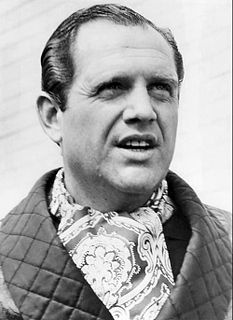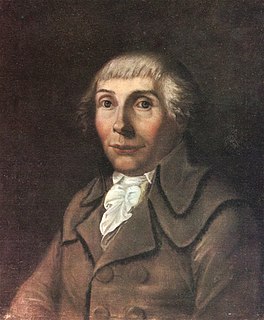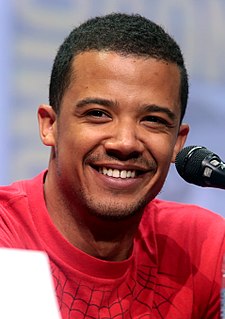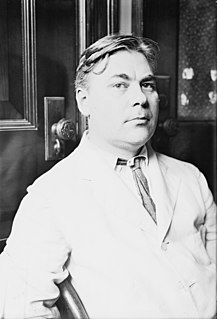A Quote by Tony Harrison
The first thing you see in my hallway is a large 18th-century bust of Milton, who stares at me as I watch TV and reminds me of the grave and committed role of the poet. Although he was blind, Milton had one of the most unswerving gazes of all English poets.
Related Quotes
No language can fitly express the meanness, the baseness, the brutality, with which the world has ever treated its victims of one age and boasts of the next. Dante is worshipped at that grave to which he was hurried by persecution. Milton, in his own day, was "Mr. Milton, the blind adder, that spit his venom on the king's person"; and soon after, "the mighty orb of song." These absurd transitions from hatred to apotheosis, this recognition just at the moment when it becomes a mockery, saddens all intellectual history.
Although the stories are very present in my book, and very present in my mind, what I was most interested in was the question of why it had attracted such a following in the 18th Century. It's less mysterious that it attracted a following in the Romantic period, and in the 19th Century, but the early 18th Century when the Rationalists fell in love with it...that was mysterious. What I wanted to look at was the forms of enchantment.
Oh, I have feelings for him, all right. I'd like to put him in the ground myself, believe me. Still, it would be wrong. Promise me." "Fine. I promise I won't kill him." He said it too easily. My eyes narrowed. "Promise me right here and now that you will also never cripple, maim, dismember, blind, torture, bleed, or otherwise inflict any injury to Danny Milton. Or otherwise stand by while someone else does as you watch." "Blimey, that's not fair!" he protested






































